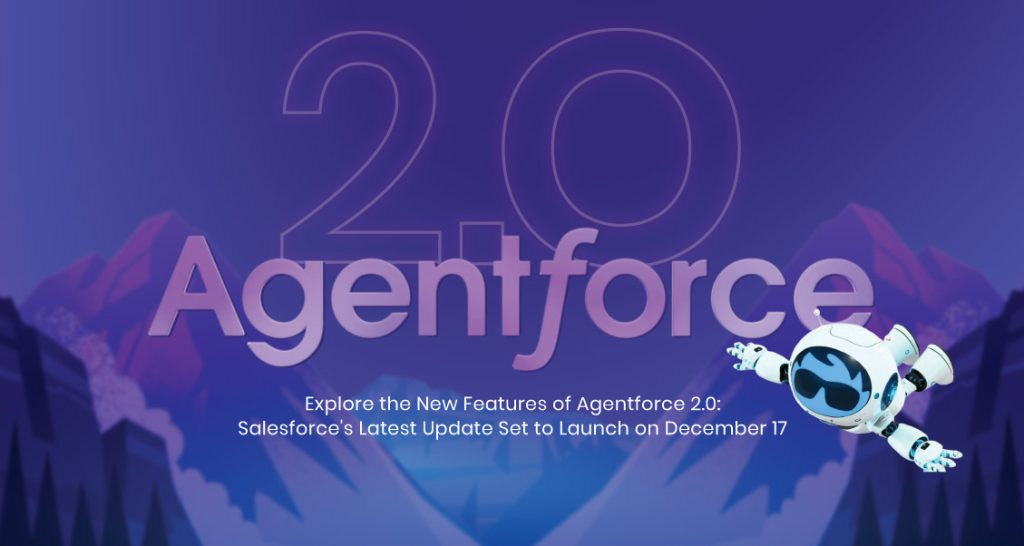Slack is taking a bold step forward in the AI agent market by integrating Salesforce’s Agentforce 2.0 AI agents directly into its workplace collaboration platform. This move emphasizes contextual intelligence as the game-changer for AI agents in enterprises, setting Slack apart in the crowded landscape of workplace automation tools.

Why Context Matters for Enterprise AI
As organizations navigate vast amounts of communication data, Slack’s channels act as a “searchable log of all communication and knowledge,” says Rob Seaman, Slack’s Chief Product Officer. In an exclusive interview with VentureBeat, Seaman explained how Slack’s organizational context will enable AI agents to reason, answer questions, and even take action based on the information flowing through its platform.
The integration, part of Salesforce’s Agentforce 2.0 launch on December 17th, aims to deliver three critical AI capabilities:
- Comprehensive Contextual Knowledge
- Reasoning and Decision-Making
- Action-Taking Power
Unlike standalone AI tools, Slack leverages its unique position as the central nervous system of modern enterprises to empower AI agents with organizational intelligence.
Inside Slack’s New AI Agent Library
Slack will introduce a library of customizable AI agents capable of automating a range of tasks, from employee onboarding to managing complex, cross-functional projects.
Seaman described the platform as a seamless collaboration environment where humans and AI agents coexist as team members. “It’s pretty magical to see humans and agents together,” he noted, emphasizing how agents will complement human work rather than replace it.
Key features include:
- Customizable AI agents that integrate with workflows.
- User Context Compliance, ensuring agents only access data within the user’s permission scope.
- Salesforce’s Trust Layer, which ensures sensitive data governance and compliance.
- Transparent Decision-Making, where users can observe and test the agents’ actions in real time.
How AI Agents Will Revolutionize Enterprise Software
For organizations grappling with fragmented software stacks and disjointed workflows, Slack’s new AI integration could streamline manual processes that currently span multiple systems.
Employee onboarding is one example highlighted by Seaman:
“Taking you from a new hire to productive… is something that the company cares about. From an end-user perspective, it’s also a lonely, scary experience during the first few months.”
AI agents can simplify this journey by automating onboarding workflows, providing answers, and helping new employees acclimate to their roles faster and with less stress.
By contextualizing information and workflows, these AI agents could also eliminate redundancies and manual tasks spread across disconnected tools—bringing efficiency to enterprise software infrastructures.
The Race for Enterprise AI Dominance
Slack and Salesforce’s integration positions them at the forefront of enterprise AI adoption. While companies like Anthropic and OpenAI have entered the AI agent market, Slack’s advantage lies in its deep integration with enterprise workflows and its unique access to organizational context.
The timing is significant as organizations seek AI tools that balance effectiveness with security and trust. Salesforce and Slack are betting that contextually aware agents—integrated directly into daily operations—will deliver more value than standalone solutions.
Will Enterprises Embrace AI as Teammates?
The success of this vision will depend on how organizations adopt AI agents as collaborators within their teams. Given Slack’s widespread usage in modern workplaces, the platform is well-positioned to drive this transformation.
As Seaman put it:
“We’re pretty lucky, frankly, that we’re in this moment, and we have a lot of the primitives that are required to make this possible.”